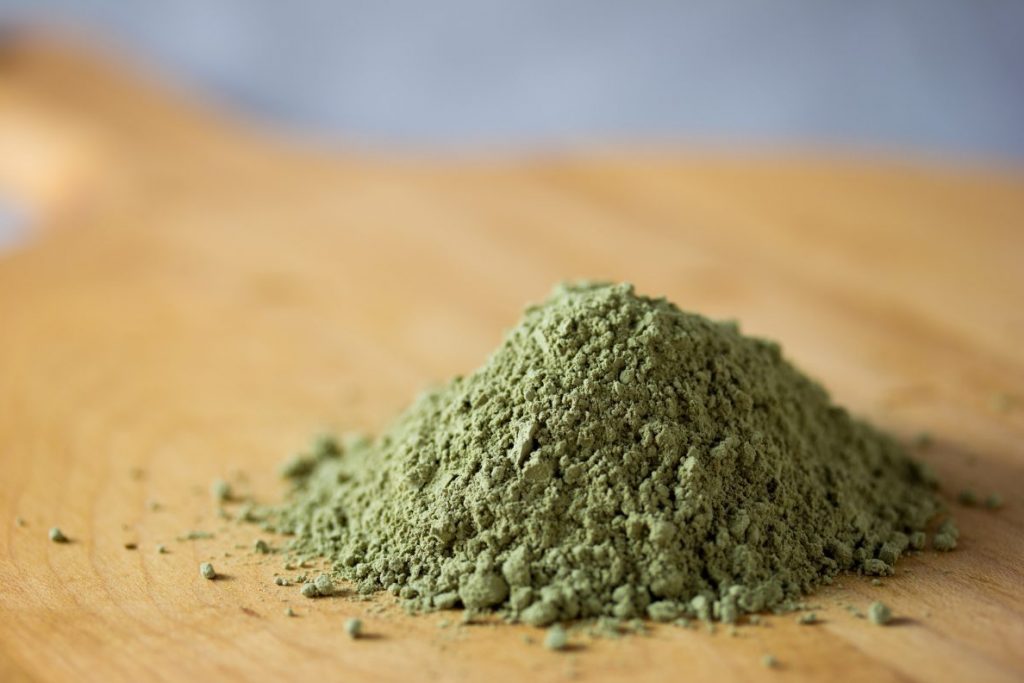 Epigallocatechin-3-gallate (EGCG), the main constituent of green tea, was found to stabilize p27Kip1 (a gene that regulates cell division, arresting cells in the G1 phase) levels in breast cancer. Thus, it helps to prevent breast cancer cells from dividing and multiplying. In a concentration-dependent manner, EGCG decreases the migratory and invasive potential of breast cancer cells. Green tea and EGCG inhibits the enzyme fatty acid synthase, causing cell death in breast cancer cells. It also inhibits the formation of a blood supply to a growing tumor, stalling tumor growth. Green tea and its components decrease cellular damage caused by oxidative stress (free radicals). EGCG induces apoptosis (cell death) in breast cancer cells and promotes cell growth arrest, by altering the expression of cell cycle regulatory proteins, activating killer caspases, and suppressing nuclear factor kappa-B activation. Besides, it regulates and promotes IL-23 dependent DNA repair and stimulates cytotoxic T cells activities in a tumor microenvironment. It also blocks carcinogenesis by modulating the signal transduction pathways involved in cell proliferation, transformation, inflammation and metastasis. Consumption of more than 3 cups a day of green tea decreases recurrence of breast cancer and decreases breast density. Studies show that water-soluble oligomeric epicatechins surpass EGCG in stability, selectivity and efficacy at lower doses.
Epigallocatechin-3-gallate (EGCG), the main constituent of green tea, was found to stabilize p27Kip1 (a gene that regulates cell division, arresting cells in the G1 phase) levels in breast cancer. Thus, it helps to prevent breast cancer cells from dividing and multiplying. In a concentration-dependent manner, EGCG decreases the migratory and invasive potential of breast cancer cells. Green tea and EGCG inhibits the enzyme fatty acid synthase, causing cell death in breast cancer cells. It also inhibits the formation of a blood supply to a growing tumor, stalling tumor growth. Green tea and its components decrease cellular damage caused by oxidative stress (free radicals). EGCG induces apoptosis (cell death) in breast cancer cells and promotes cell growth arrest, by altering the expression of cell cycle regulatory proteins, activating killer caspases, and suppressing nuclear factor kappa-B activation. Besides, it regulates and promotes IL-23 dependent DNA repair and stimulates cytotoxic T cells activities in a tumor microenvironment. It also blocks carcinogenesis by modulating the signal transduction pathways involved in cell proliferation, transformation, inflammation and metastasis. Consumption of more than 3 cups a day of green tea decreases recurrence of breast cancer and decreases breast density. Studies show that water-soluble oligomeric epicatechins surpass EGCG in stability, selectivity and efficacy at lower doses.
- Biocatalytically oligomerized epicatechin with potent and specific anti-proliferative activity for human breast cancer cells.
- Can green tea do that? A literature review of the clinical evidence.
- EGCG stabilizes p27kip1 in E2-stimulated MCF-7 cells through down-regulation of the Skp2 protein.
- Green tea (-)-epigallocatechin-3-gallate down-regulates VASP expression and inhibits breast cancer cell migration and invasion by attenuating Rac1 activity.
- Green tea catechin inhibits fatty acid synthase without stimulating carnitine palmitoyltransferase-1 or inducing weight loss in experimental animals.
- Green tea catechins inhibit angiogenesis through suppression of STAT3 activation.
- Green tea consumption and breast cancer risk or recurrence: a meta-analysis.
- Green tea polyphenols as a natural tumour cell proteasome inhibitor.
- Green tea, soy, and mammographic density in Singapore Chinese women.
- Green tea: nature’s defense against malignancies.
- Inhibitory effect of (-)-epigallocatechin and (-)-epigallocatechin gallate against heregulin beta1-induced migration/invasion of the MCF-7 breast carcinoma cell line.
- Multifunctional effect of epigallocatechin-3-gallate (EGCG) in downregulation of gelatinase-A (MMP-2) in human breast cancer cell line MCF-7.



